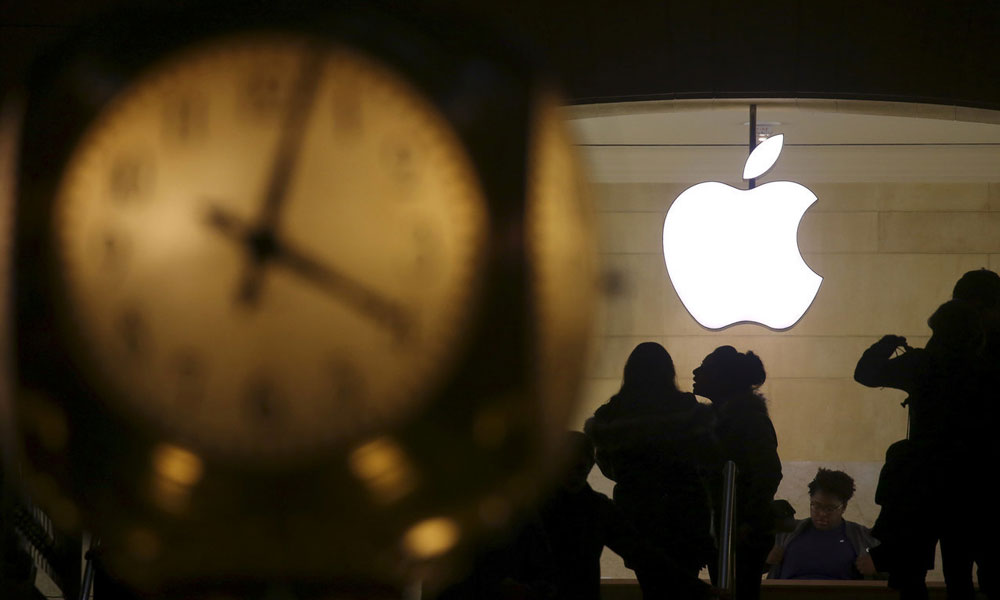
After Costly Apple Ruling, Groups Criticize EU’s Tax Strategy
After the iPhone maker received a large retroactive tax bill from the European Union because an agreement with Ireland was invalidated, two major trade groups joined the U.S. Treasury Department in criticizing the controversial ruling.
Apple’s bill for back taxes—handed down this week by the European Commission—may be the largest the world has ever seen.
At least two American trade groups see a big problem with the commission’s order that Apple pay $14.5 billion in back taxes, the result of a nullification of a tax deal the company had worked out with Ireland.
U.S. Treasury Secretary Jack Lew is among those questioning the ruling, suggesting the EU was taxing income that should actually be taxed by Apple’s home country.
The Information Technology Industry Council agreed with the Treasury that the decision could hurt transatlantic business. ITI President and CEO Dean Garfield said the ruling “calls into question whether following the laws in an EU member state is a guarantee that you are playing by the rules in Europe.”
He went further in an official statement, calling for a diplomatic solution to the issue:
We are deeply concerned by the commission’s departure from established channels of multilateral cooperation on tax policy in favor of a unilateral approach that, by imposing unforeseeable and retroactive penalties, risks chilling transatlantic commerce and investment and growth in the EU at the expense of U.S. taxpayers. It is imperative for policymakers on both sides of the Atlantic to strive for multilateral solutions to the vexing questions raised by cross-border taxation. Businesses operating globally need clear rules to ensure certainty, promote innovation, and stimulate economic growth.
Major stakeholders in the decision, including the Irish government and Apple itself, have also strongly criticized the ruling, which is likely to be appealed in court.
The decision may not hold water in the long run. According to the Wall Street Journal, legal analysts suggest that the tough standard applied by the European Commission, stricter than agreed-upon guidelines by the Organization for Economic Cooperation and Development, could leave the ruling vulnerable on appeal.
But Apple isn’t the only multinational company being targeted by tax investigations in the European Union. Amazon and Google are also facing investigations, as is McDonald’s. Last fall, Starbucks and Fiat Chrysler were targeted for similar reasons.
Myron Brilliant, executive vice president and head of international affairs at the U.S. Chamber of Commerce, suggested in a statement Tuesday that the EU may end up driving U.S. companies away.
“When coupled with ongoing competition investigations against several U.S. manufacturers, technology companies, and services providers, this ruling raises significant new questions about Europe’s attractiveness as an investment destination for U.S. business,” Brilliant said.
(Carlo Allegri/Reuters)






Comments